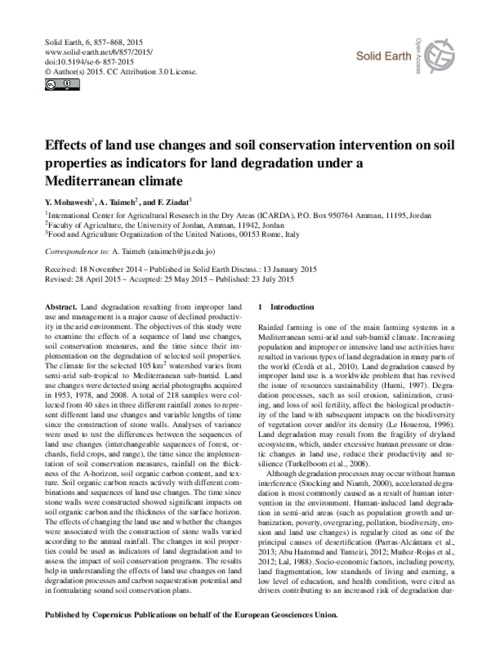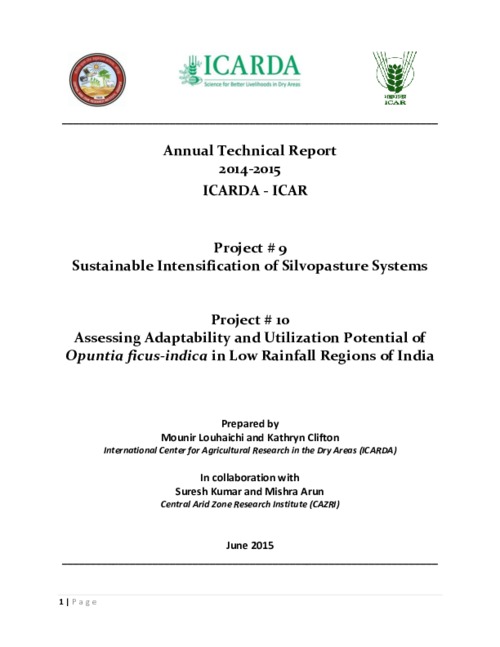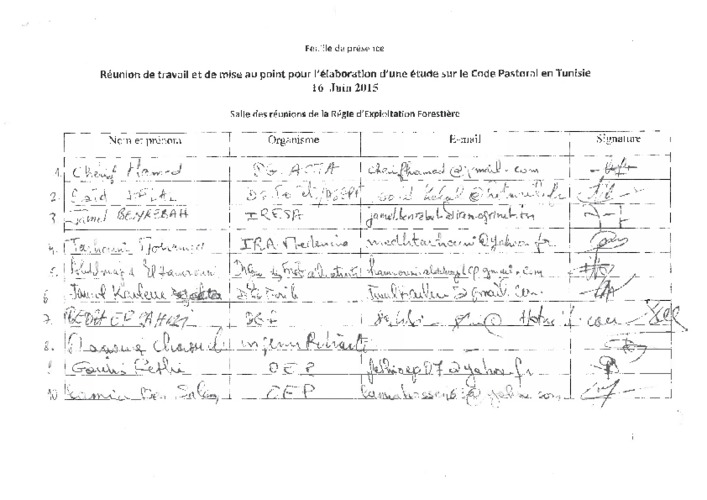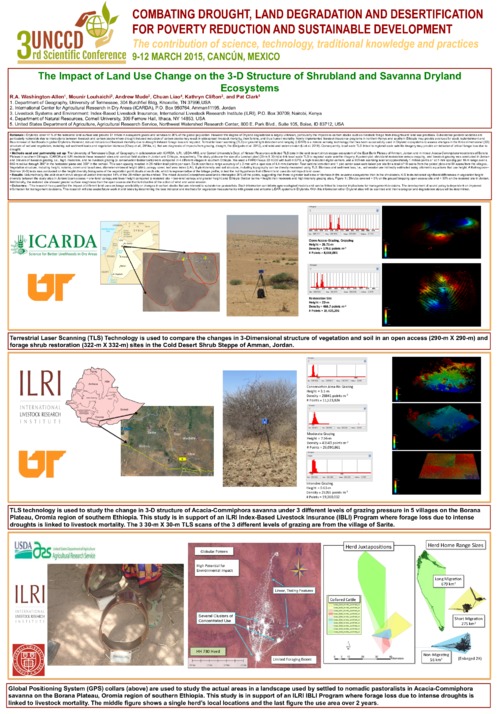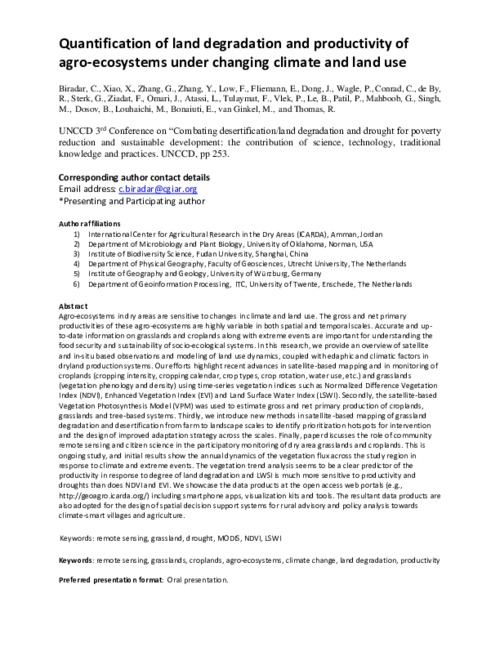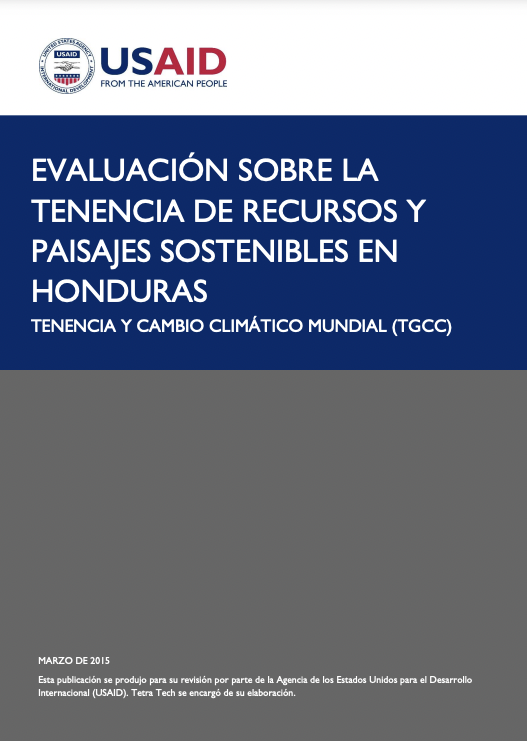Effects of land use changes and soil conservation intervention on soil properties as indicators for land degradation under a Mediterranean climate
Land degradation resulting from improper land use and management is a major cause of declined productivity
in the arid environment. The objectives of this study were to examine the effects of a sequence of land use changes,
soil conservation measures, and the time since their implementation on the degradation of selected soil properties.
The climate for the selected 105 km2 watershed varies from semi-arid sub-tropical to Mediterranean sub-humid. Land

